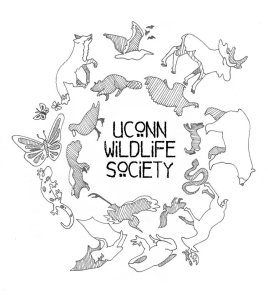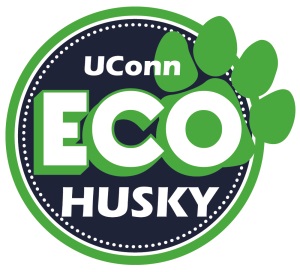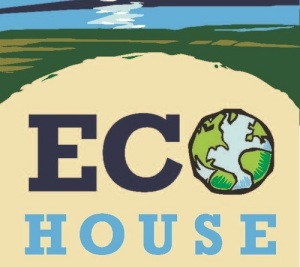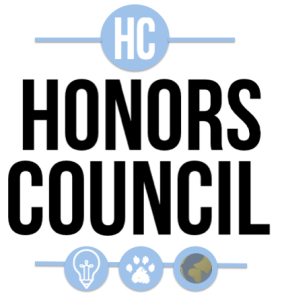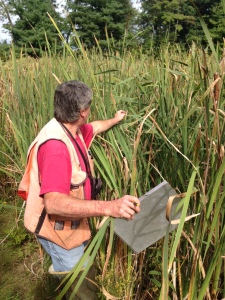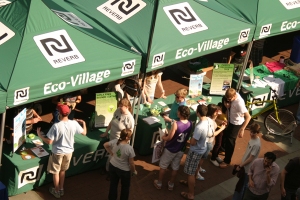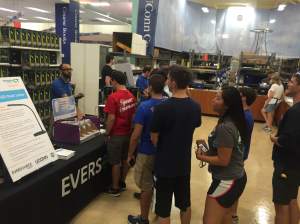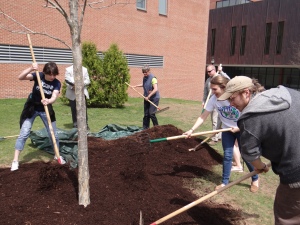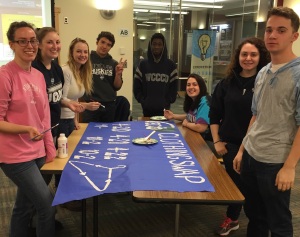This past Monday, October 5th, marked the beginning of EcoMadness. For those of you who don’t know, EcoMadness is a month long competition amongst residence halls to promote water and energy conservation. This year, Buckley, East, Northwest, Shippee, Towers, and West will participate for the chance to win a Dairy Bar ice cream party.
Each building is equipped with a meter to measure the gallons of water and kilowatt-hours of energy consumed per student each day. Residence halls will be ranked based on percent reduction and overall per capita use. Students are encouraged to cut back on water  and energy use through methods such as taking shorter shows, reporting leaks to “Stop the Drop,” turning off lights when no one is in the room, and unplugging appliances and electronics when not in use.
and energy use through methods such as taking shorter shows, reporting leaks to “Stop the Drop,” turning off lights when no one is in the room, and unplugging appliances and electronics when not in use.
Those students who are especially motivated are encouraged to step up as EcoCaptains, who educate and encourage their fellow residents to conserve water and energy. If you are interested in becoming a leader, contact Ben Breslau at benjamin.breslau@uconn.edu. Activity ideas for promoting conservation among residents can be found on the OEP’s website.
EcoMadness continues until November 1st, when the final dorm standings will be calculated. Weekly progress updates will be sent out to let residents know how they are doing in terms of water and energy usage. Good luck to all of the participants!


